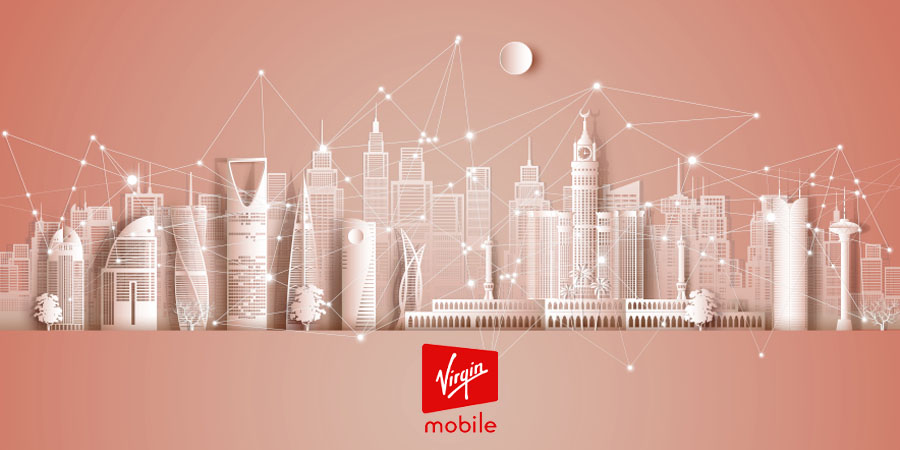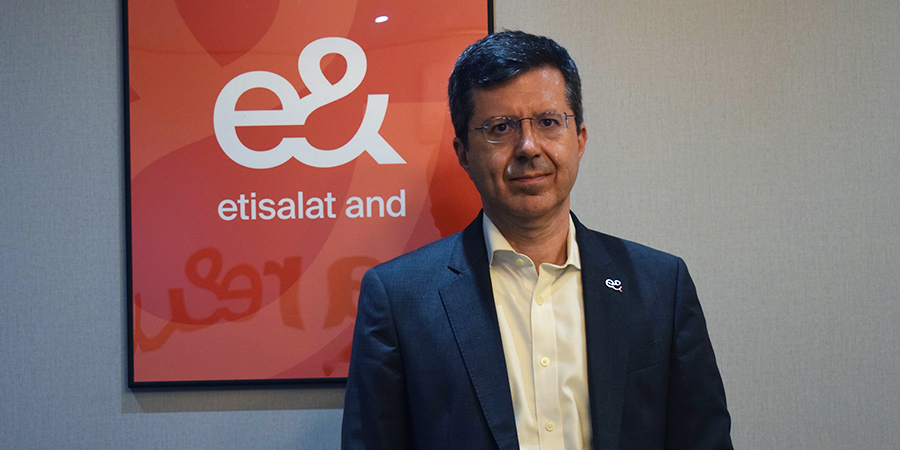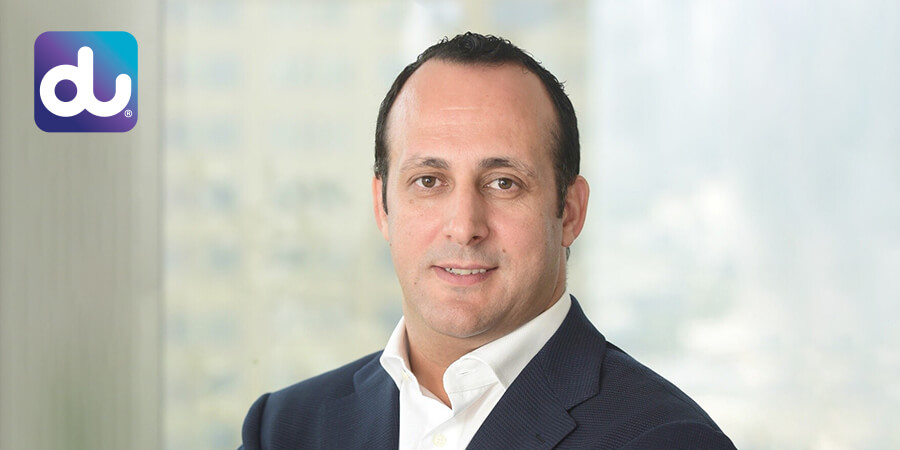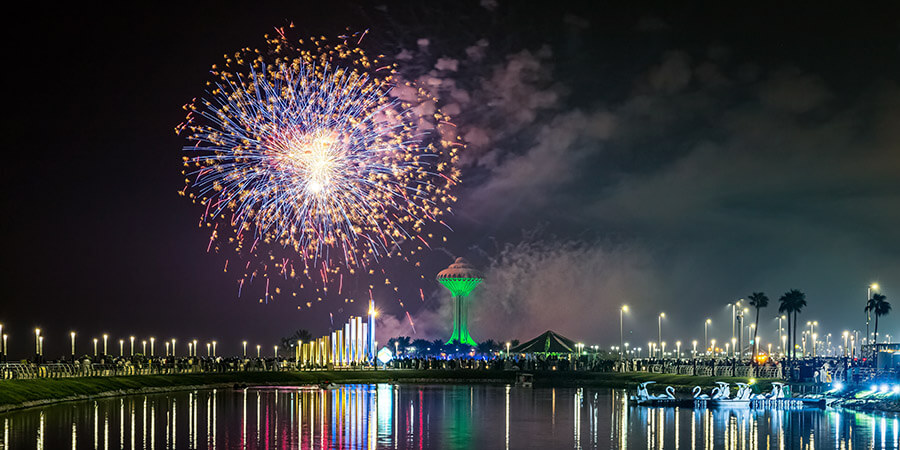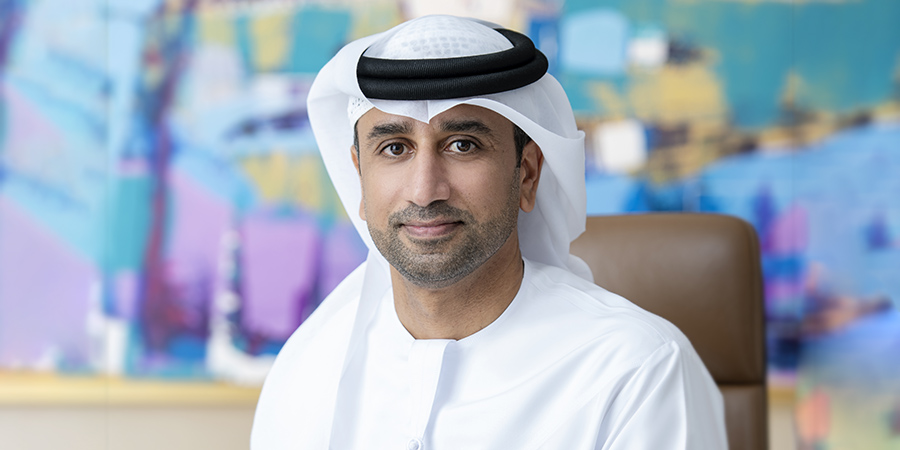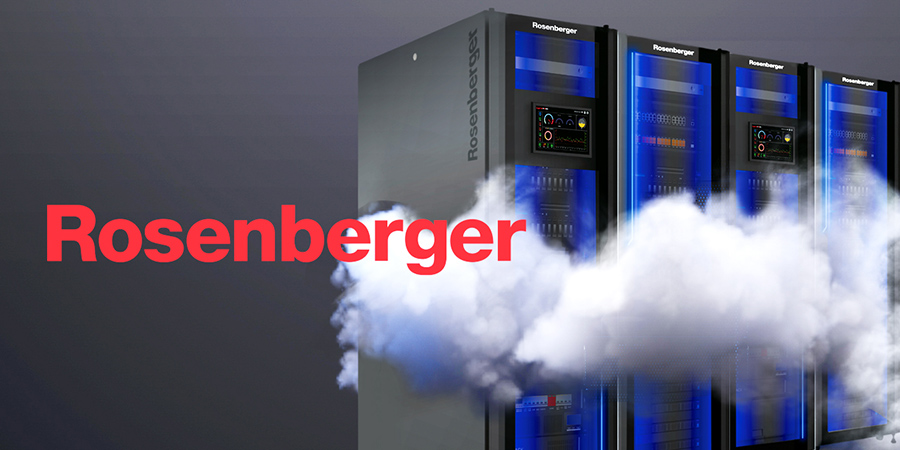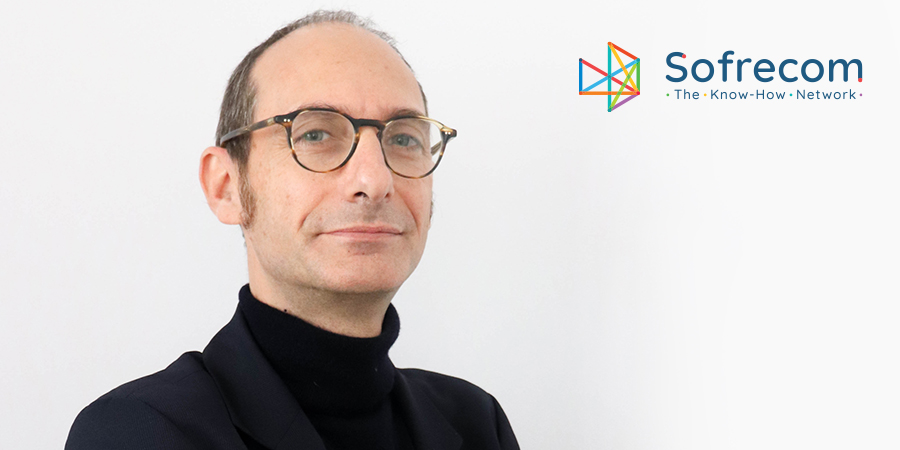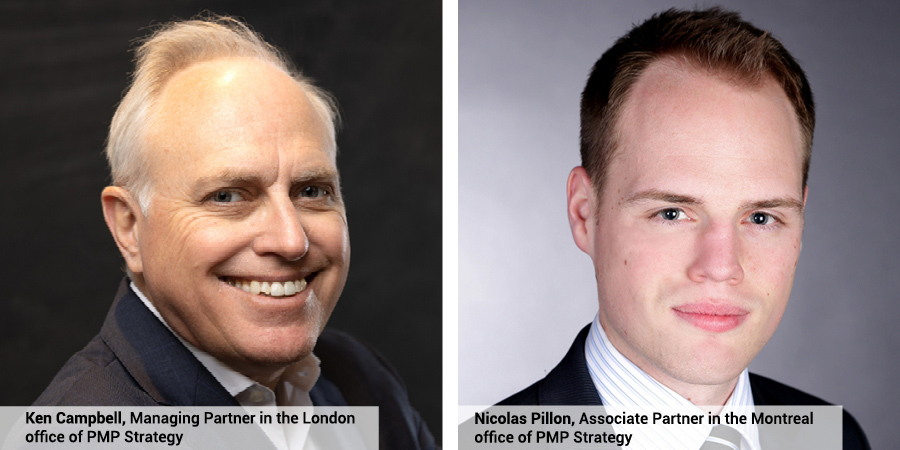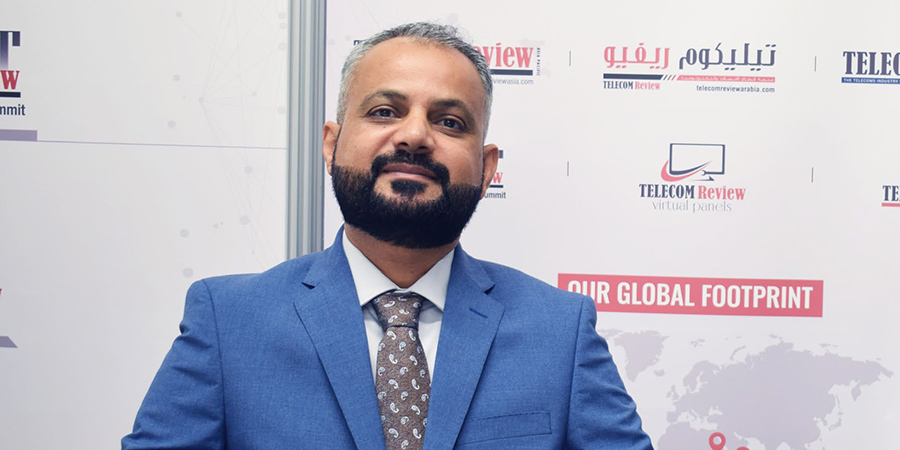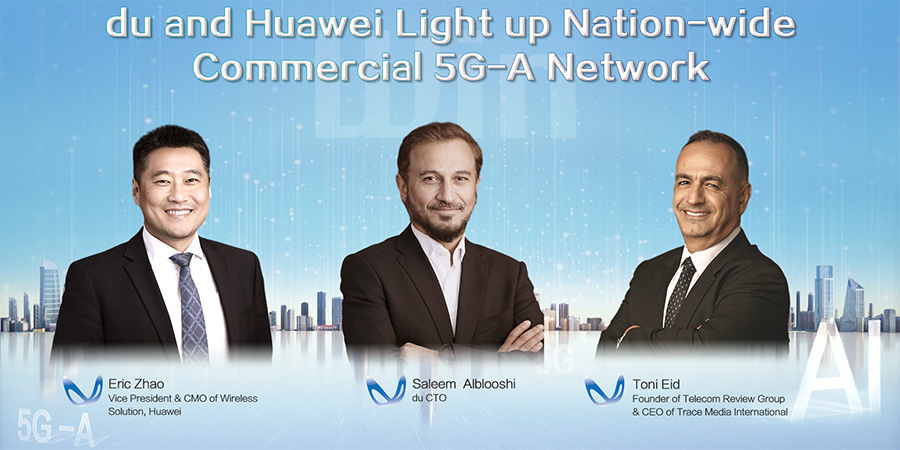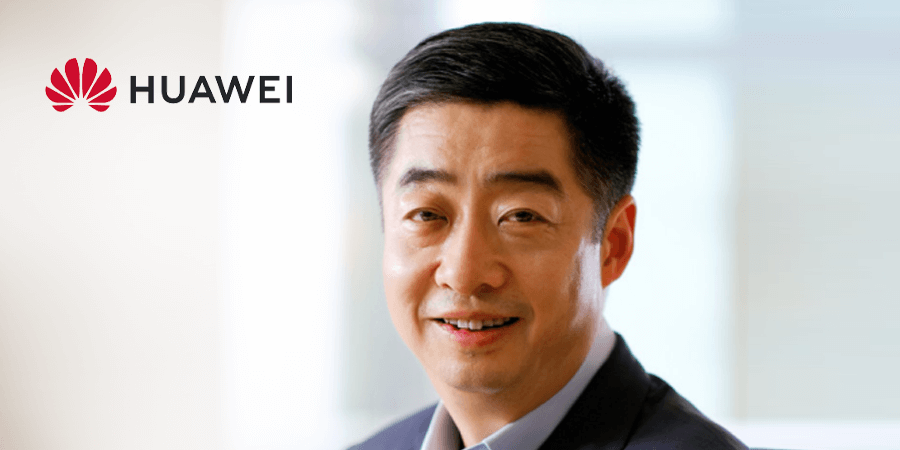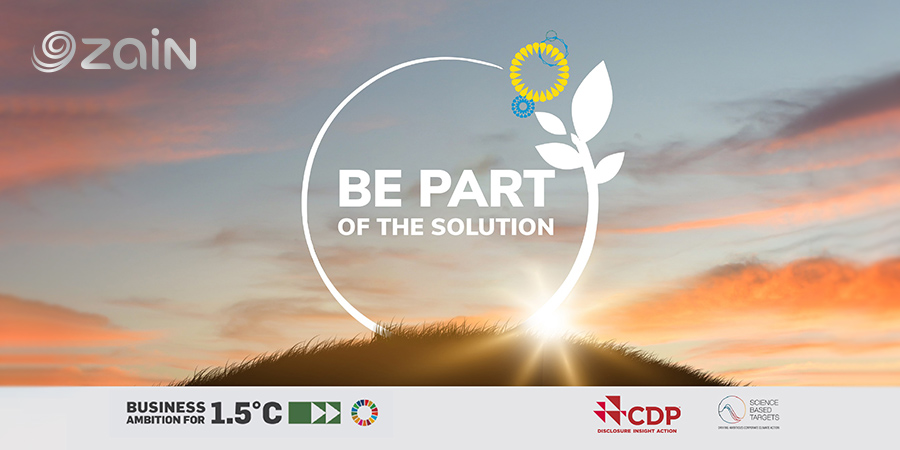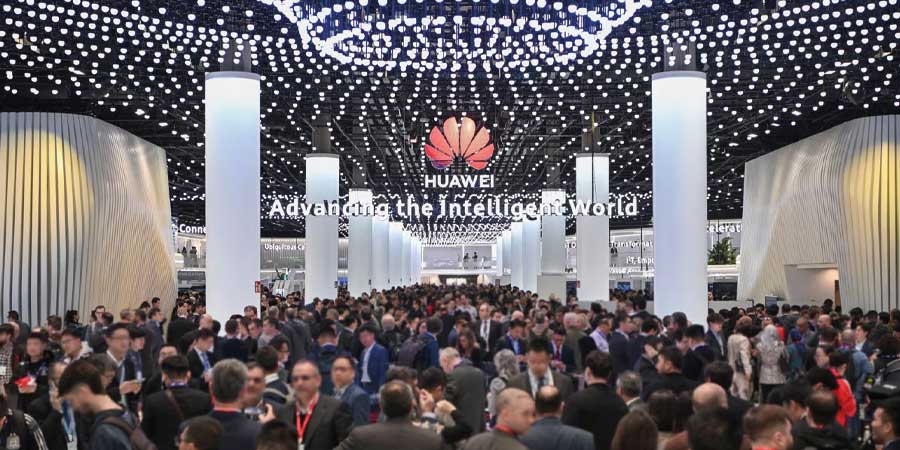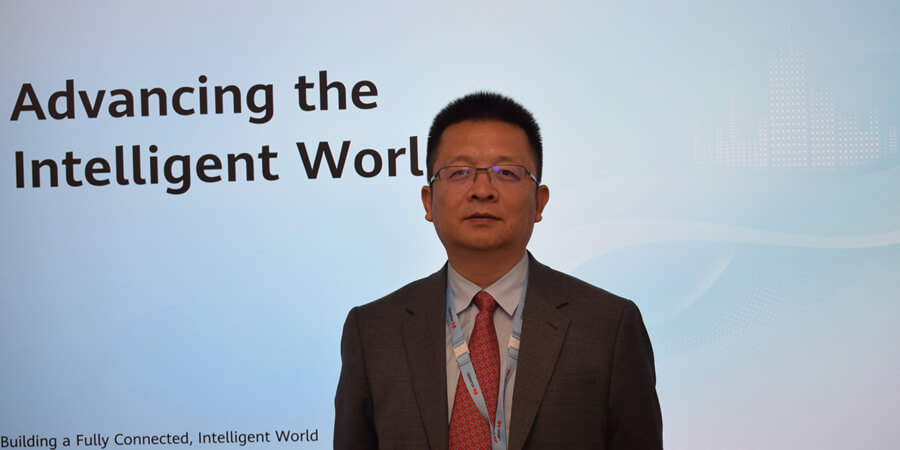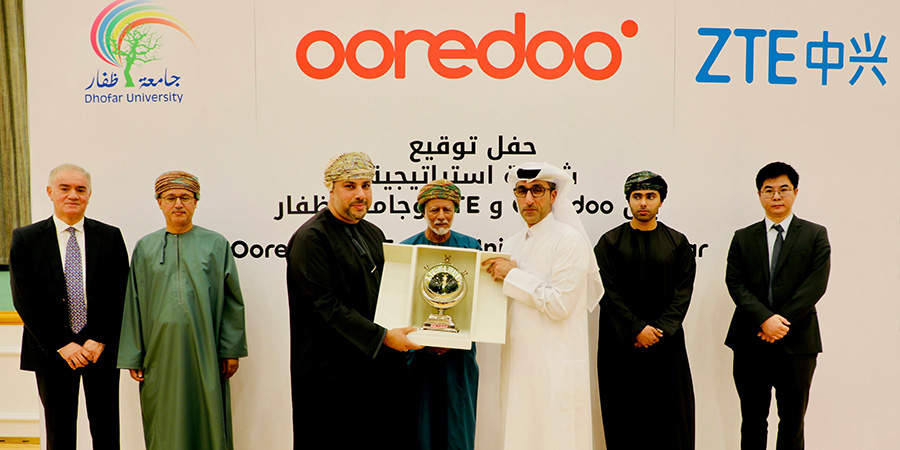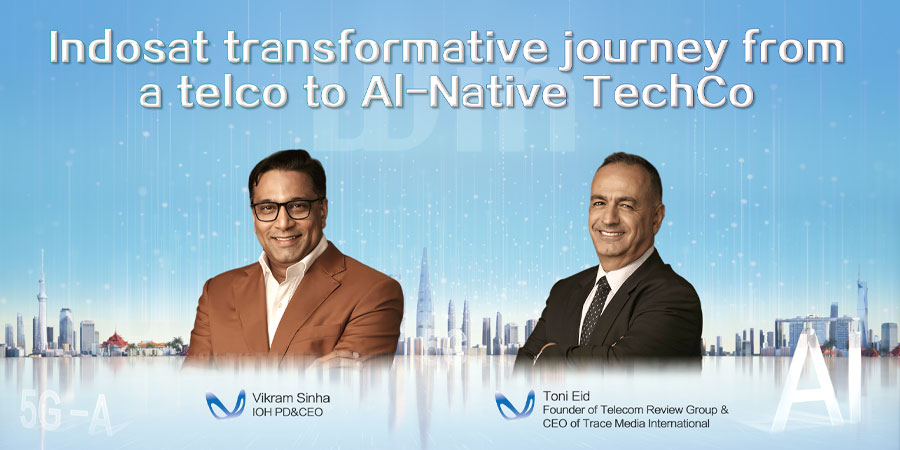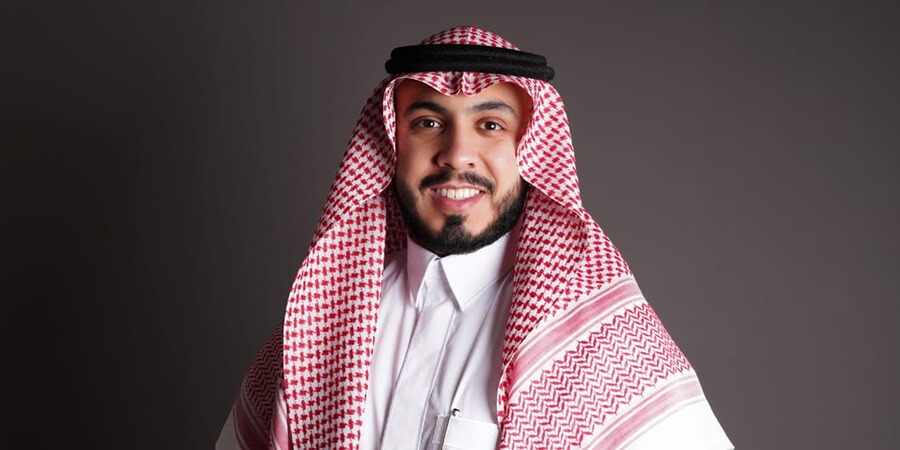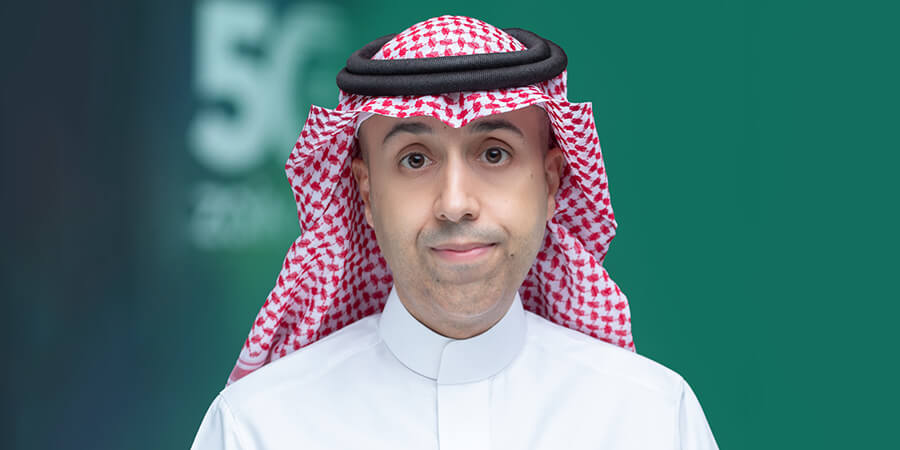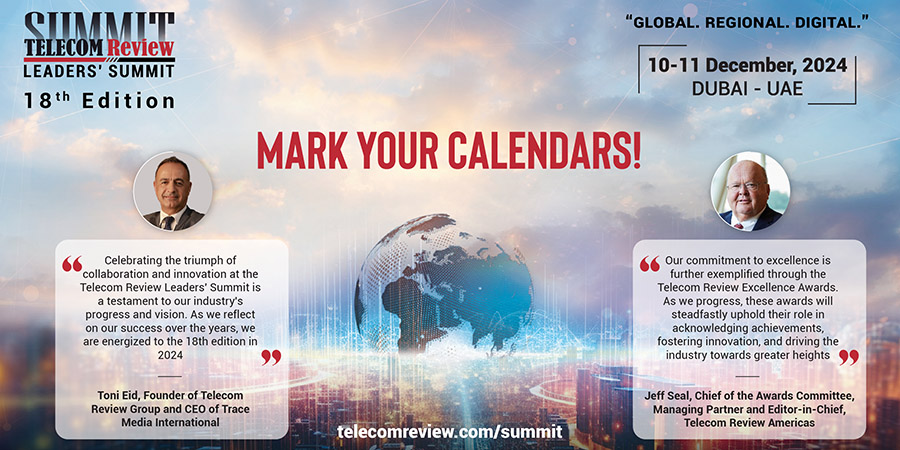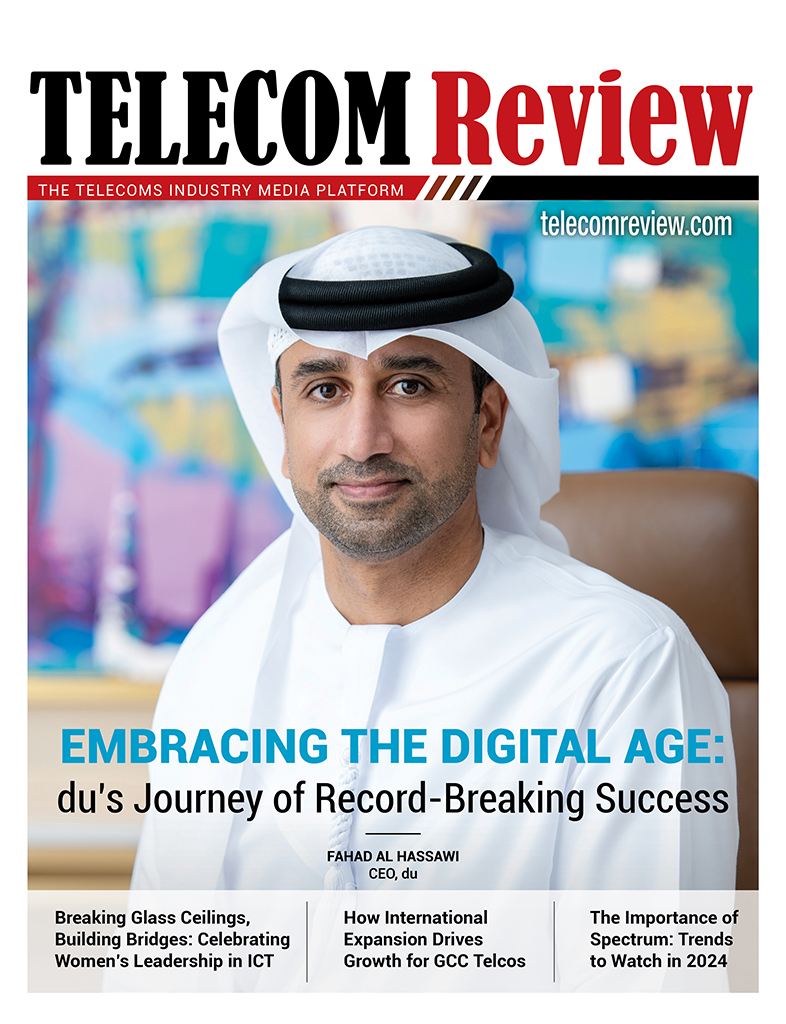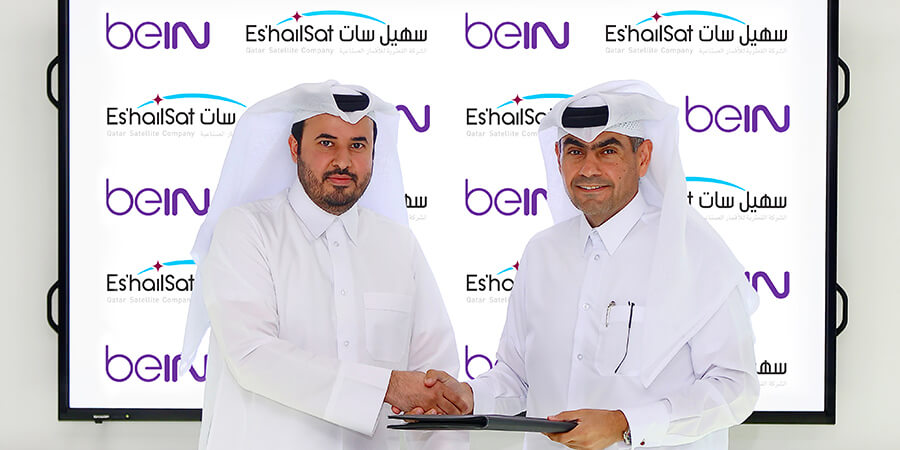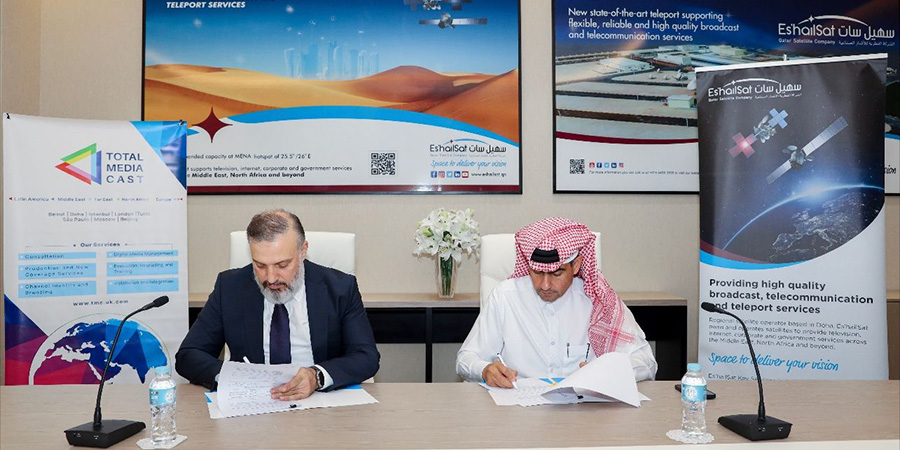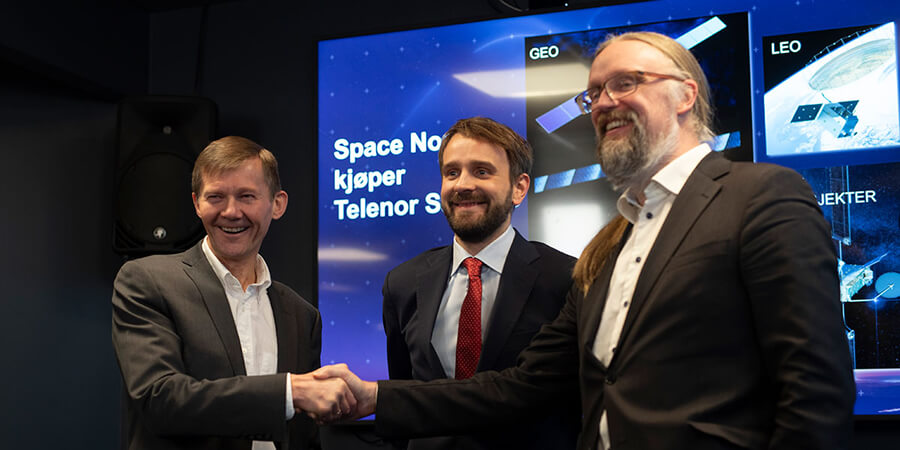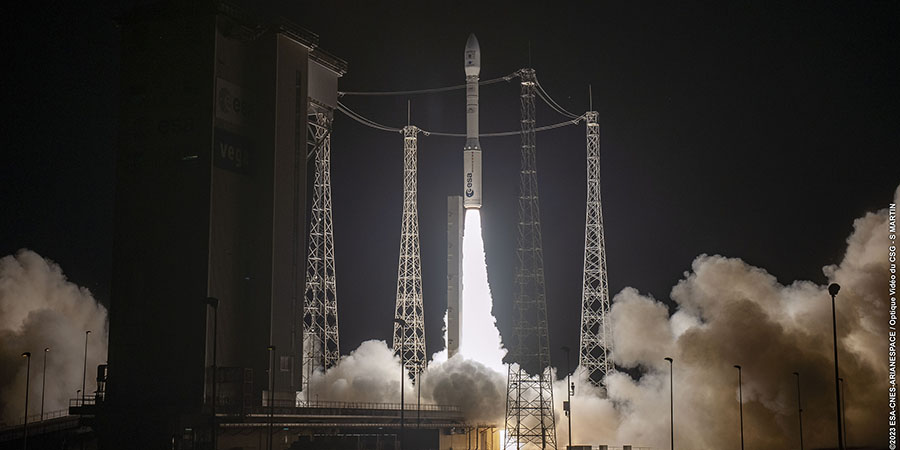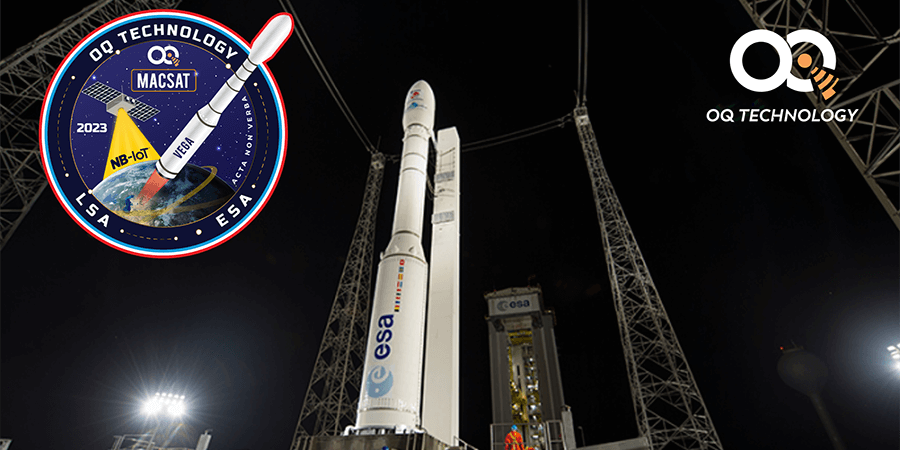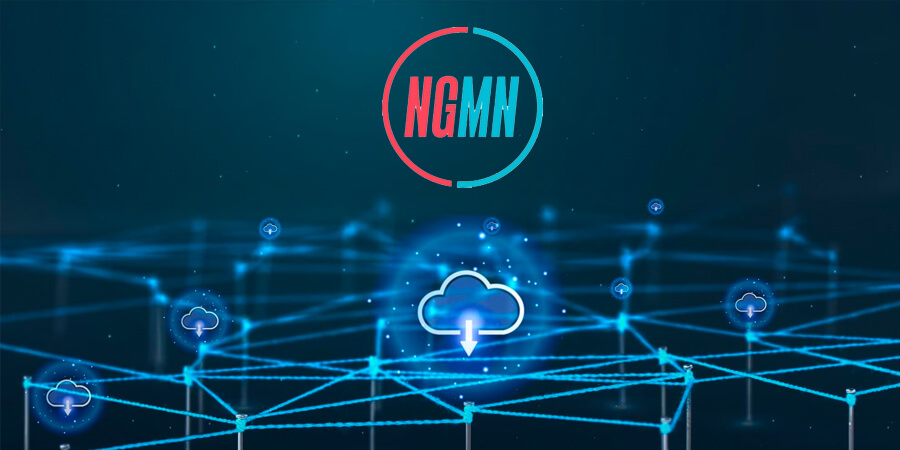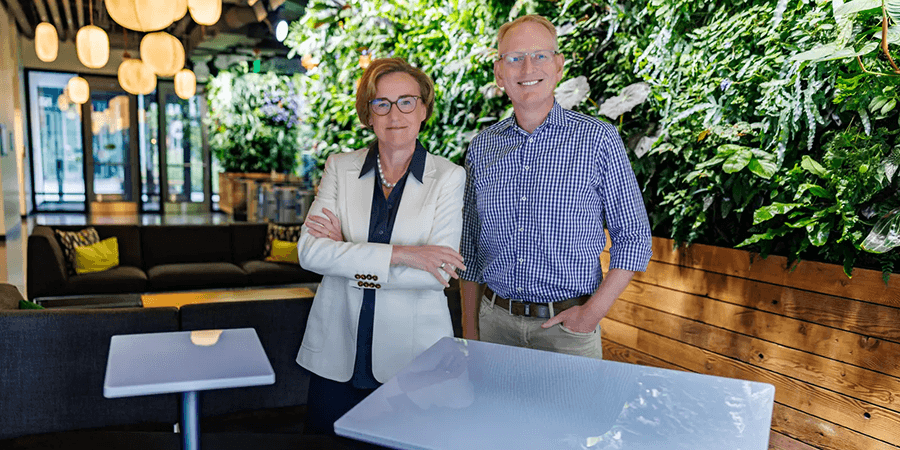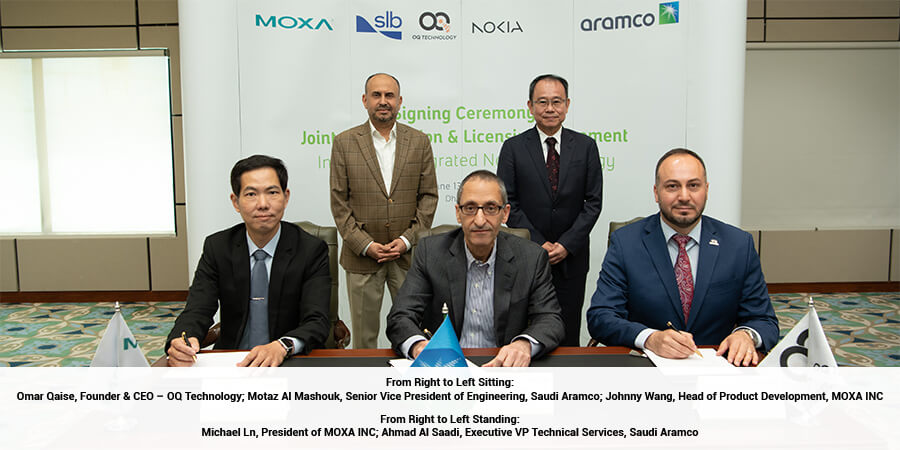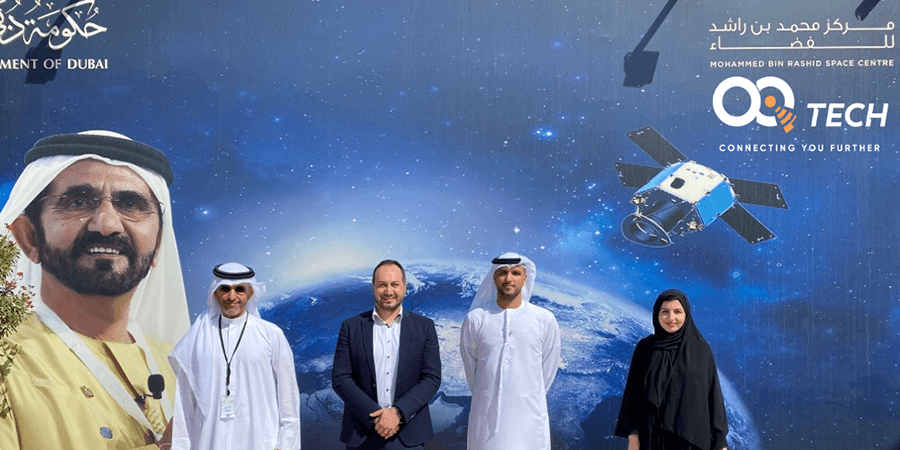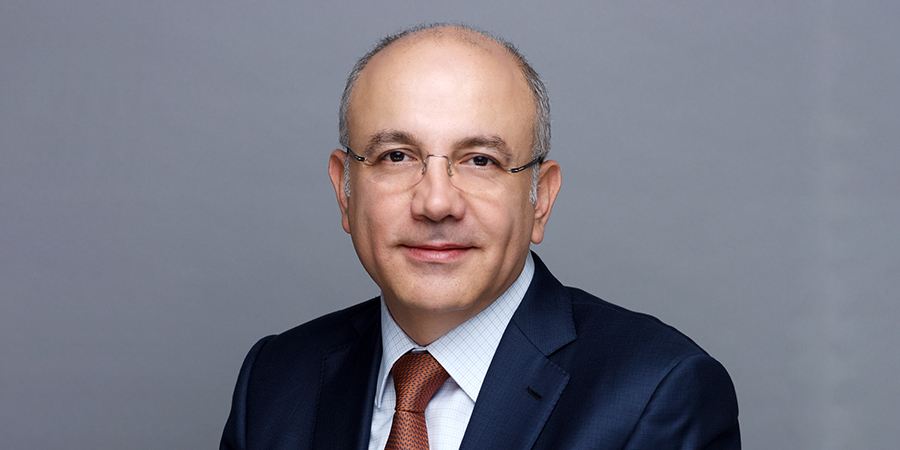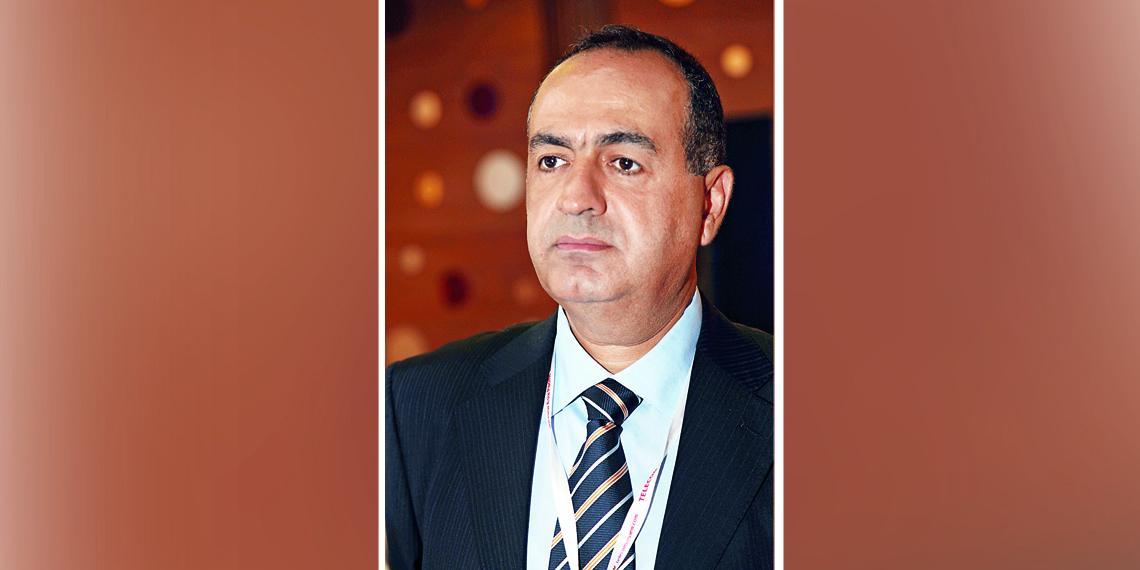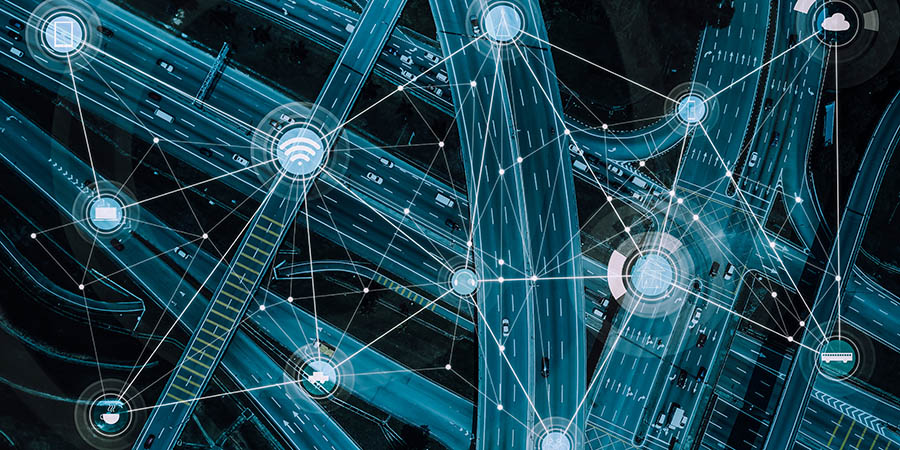Over the last three years, the smart city topic has become a major discussion piece at most forums and events, whether or not the speakers are directly involved in the business. But building a smart city for the future is a huge challenge which most forget. Our world is changing quickly. Technology development changes human need and behavior faster than what’s happened in the history of humanities. Digital transformation is impacting everyone and everything, so building a city smart enough and for the future is challenging, a difficult mission, needs vision, a lot of work and outstanding planning.
Cities around the world are challenging each other to be smarter: from Barcelona to Dubai, Singapore and more. But the challenge to achieve the smart city target in spite of the challenges above will make the mission for smart city leaders a difficult task.
Leaders should be aware of:
1. Development of a smart city - Build it smart for the future, so that it isn’t outdated in a short time
2. Make the smart city sustainable - Plan ahead for the best use of power, recycling, urbanism and with proper regulations
3. Build a flexible city – With enough tools to be easily, quickly upgraded and updated in this fast-moving world
Smart city leaders and those in charge will face other challenges, which are regulations and the local authority’s ability to change and transform (transportation, utilities, infrastructure, etc.). Many authorities around the world are not cooperating adequately to make their cities smart. Perhaps this is due to their lack of knowledge; it is the fault of the delegating the authority; or it is due to too much overlap with one another.
With the above, we can begin to create success in our world, such as what the success in Singapore, Barcelona and Dubai. Dubai is leading the revolution of smart cities in our region, and we are very proud to feature the Smart Dubai Director General in the current May edition of Telecom Review.
See inside for more insight about smart Dubai, the future smart city of the world.


